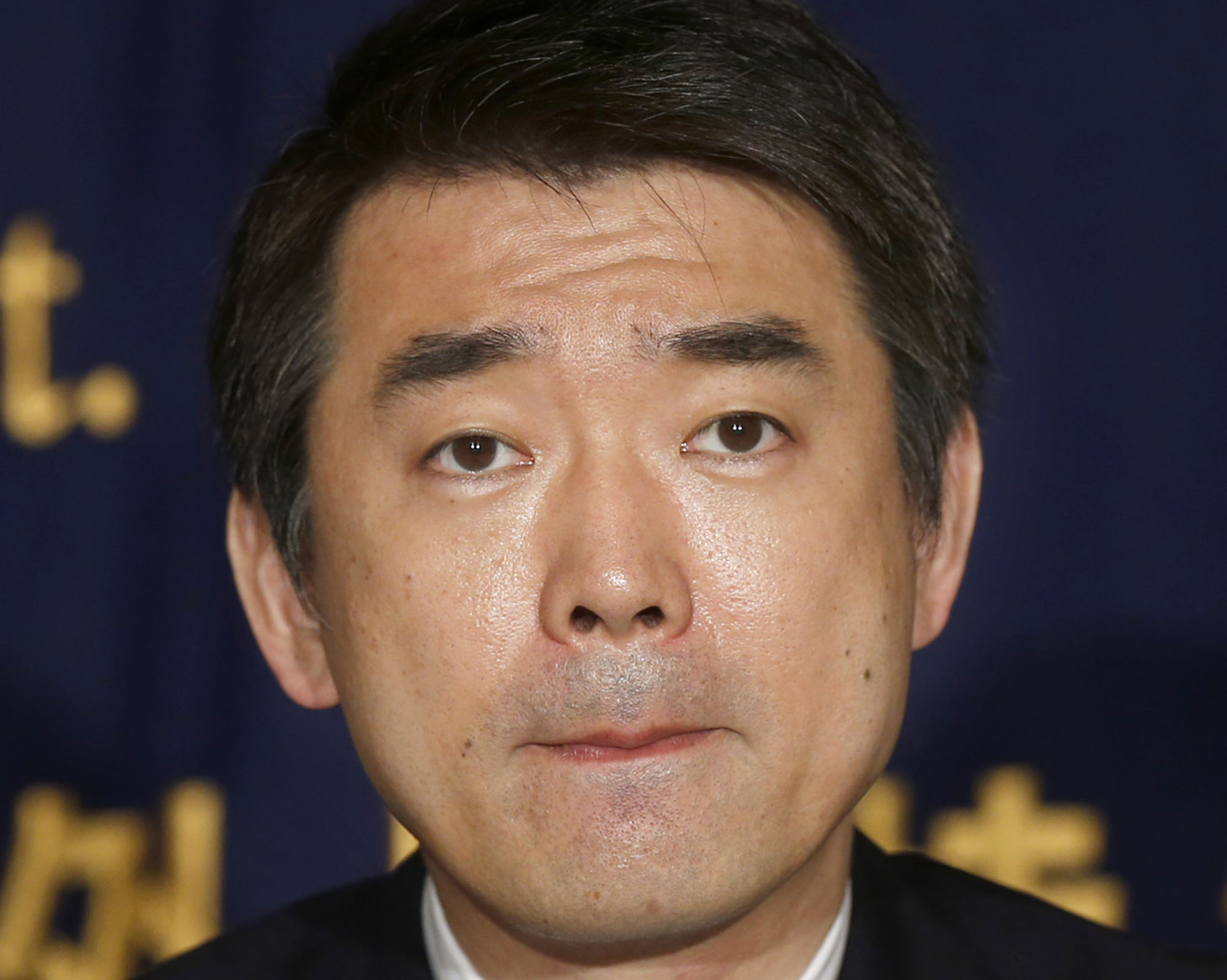"Sisters never quite forgive each other for what happened when they were 5." — Pam Brown
It is not often that Toru Hashimoto has a warm, grateful smile for a journalist's inquiry about "comfort women."
"That question was unusually fair," the Osaka mayor conceded in a parting remark at a recent news conference, after I'd asked if he had been misunderstood. "Even for Japanese media, my position is hard to understand," he had admitted earlier.



















With your current subscription plan you can comment on stories. However, before writing your first comment, please create a display name in the Profile section of your subscriber account page.